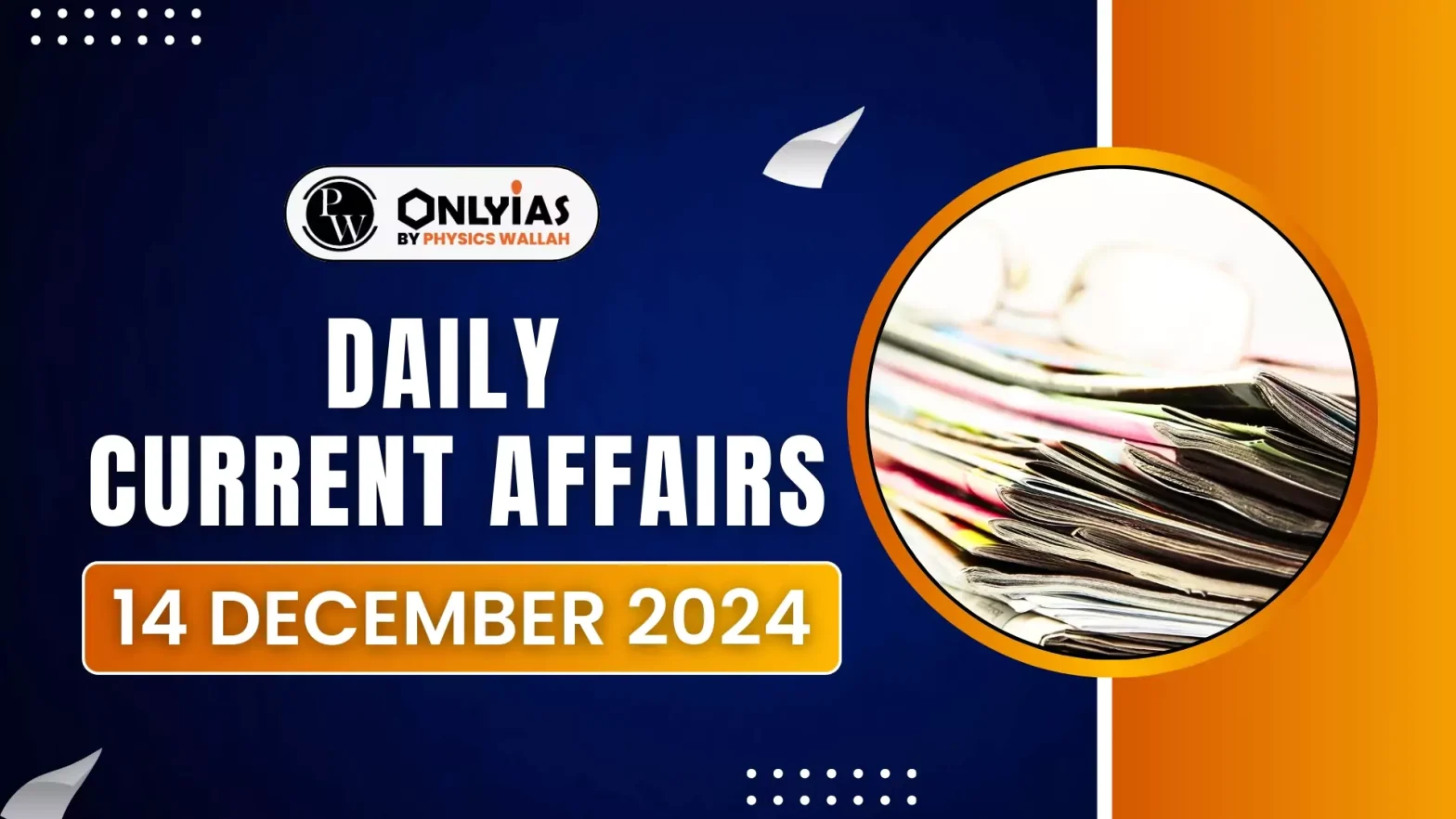Google DeepMind has developed GenCast, a machine-learning weather prediction model that outperforms traditional forecasting systems.
About GenCast
- GenCast is an advanced weather forecasting system powered by machine learning and trained on historical reanalysis data from 1979–2018.
- Methodology: It utilizes a diffusion model approach, similar to AI image generation.
- Generates multiple forecasts (ensemble forecasting) by starting with random noise and refining it using a neural network.
- Combines forecasts to determine the best estimate and assess uncertainty.
- Performance: Outperforms traditional numerical weather prediction systems, including the one used by the European Centre for Medium-Range Weather Forecasts.
- Produces forecasts for atmospheric variables such as temperature, pressure, humidity, and wind speed at the surface and 13 different heights.
- Efficiency: Runs predictions up to 15 days in just 8 minutes on a tensor processor unit (TPU), far faster than general circulation models.
- Training the model took five days on 32 TPUs.
Applications of GenCast
- Weather Prediction: Enhances the accuracy of short-term and medium-term weather forecasts.
- Improves the reliability of forecasts, reducing “smoothing” effects typical of earlier machine-learning models.
- Operational Efficiency: Requires fewer computational resources compared to high-performance supercomputing systems.
- Can complement traditional models by providing initial conditions for machine-learning-based forecasts.
Check Out UPSC Modules From PW Store
Limitations of GenCast
- Inapplicability to Long-Term Climate Projections: GenCast is designed for short-term weather predictions (up to 15 days) and assumes static conditions for ocean, land, and sea ice.
- These assumptions make it unsuitable for climate projections, which require dynamic modeling of slow-changing factors over decades.
- Dependence on Current Weather Observations: The model relies heavily on detailed, accurate data about current atmospheric conditions to make forecasts.
- This focus on present weather limits its ability to address long-term climatic trends, where such data becomes irrelevant.
- Incompatibility with “Small Data” Problems: GenCast excels in weather forecasting due to the abundance of observational data (“big data”).
- However, for climate projections, where data is sparse and phenomena evolve slowly, the model lacks the required adaptability without additional physics-informed frameworks.
Future Integration: Could integrate with physics-based methods, such as physics-informed neural networks, to improve accuracy and efficiency.
- Machine learning and fundamental physics (e.g., fluid mechanics and thermodynamics) will coexist to advance both weather forecasting and climate science.
![]() 14 Dec 2024
14 Dec 2024

